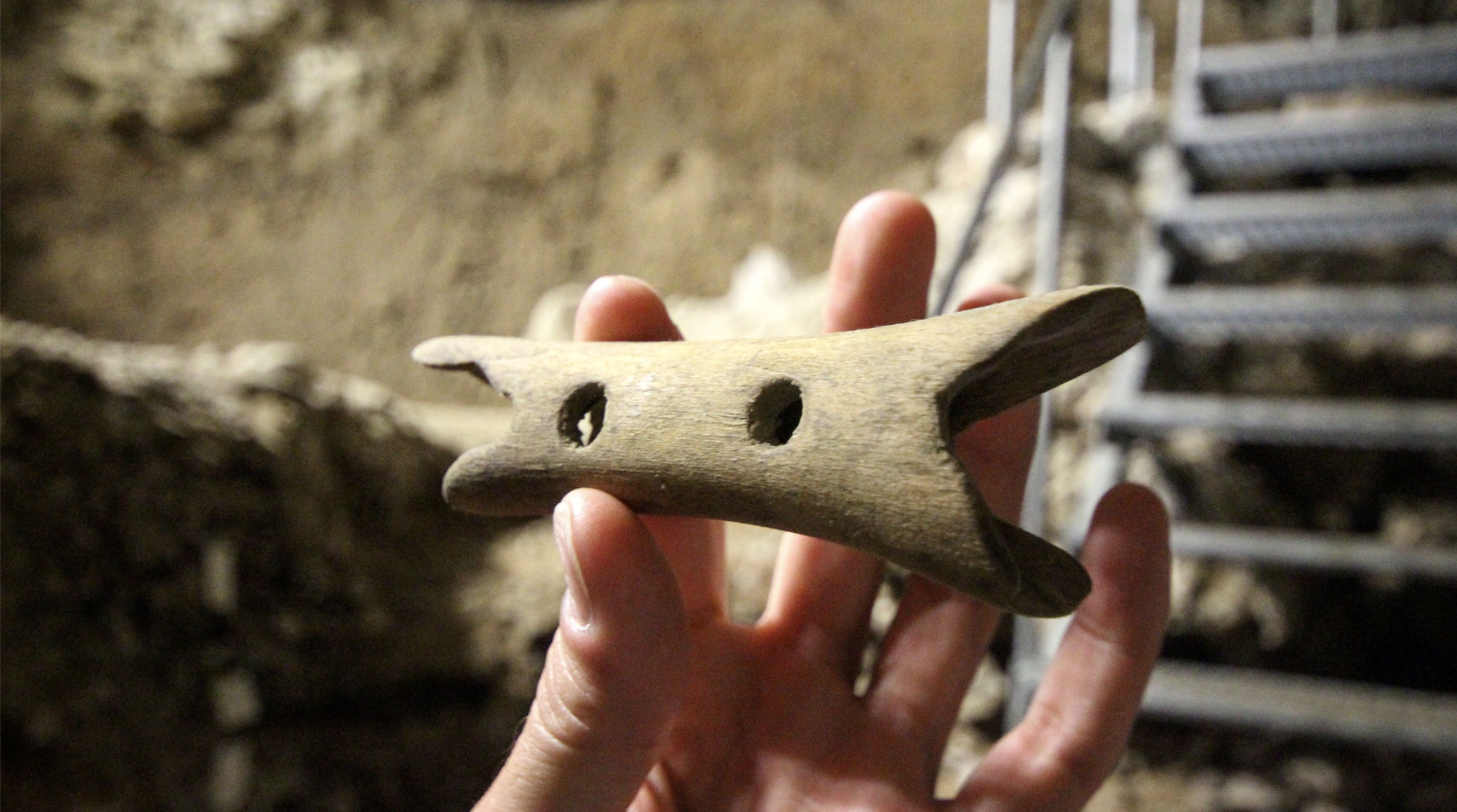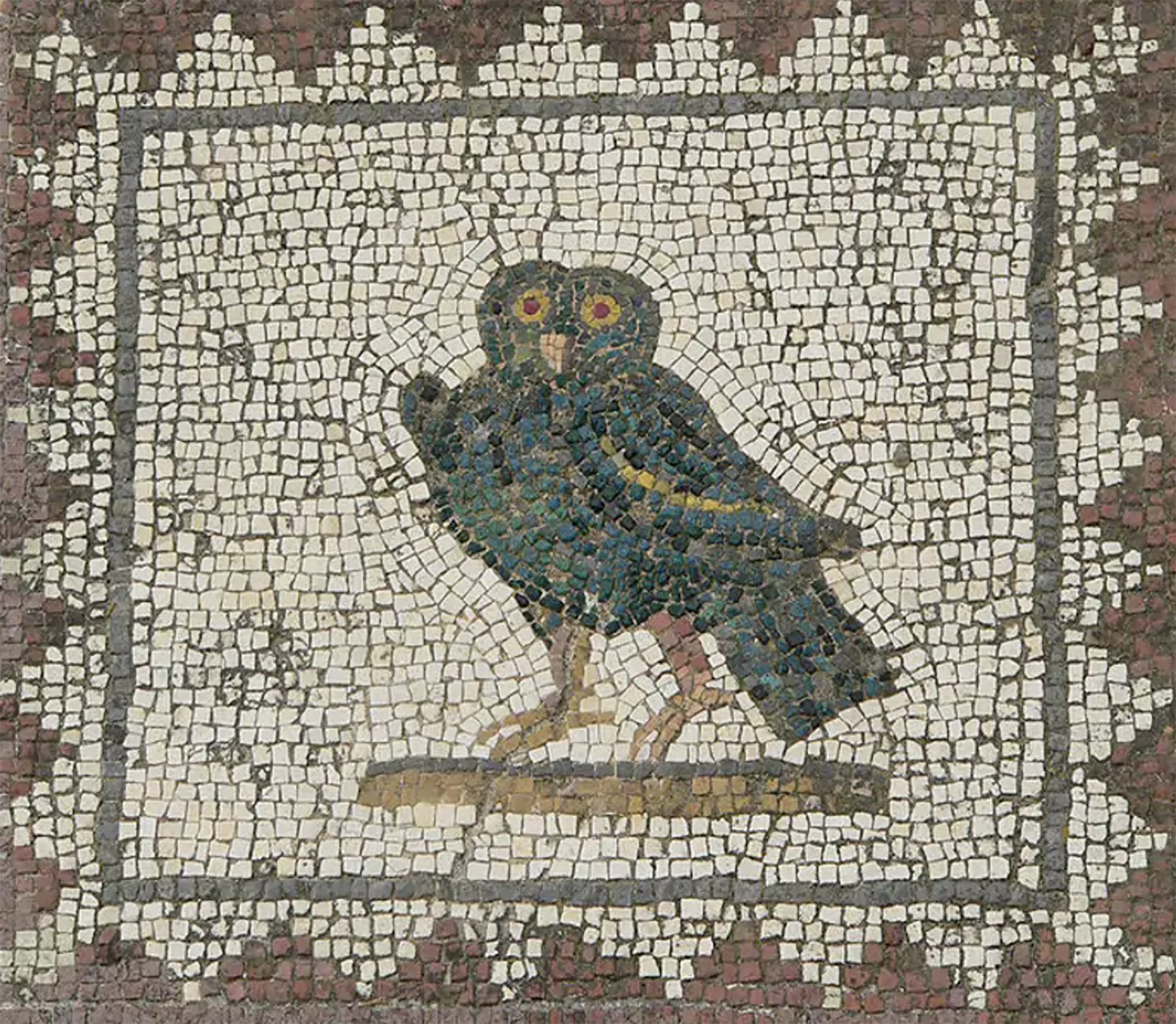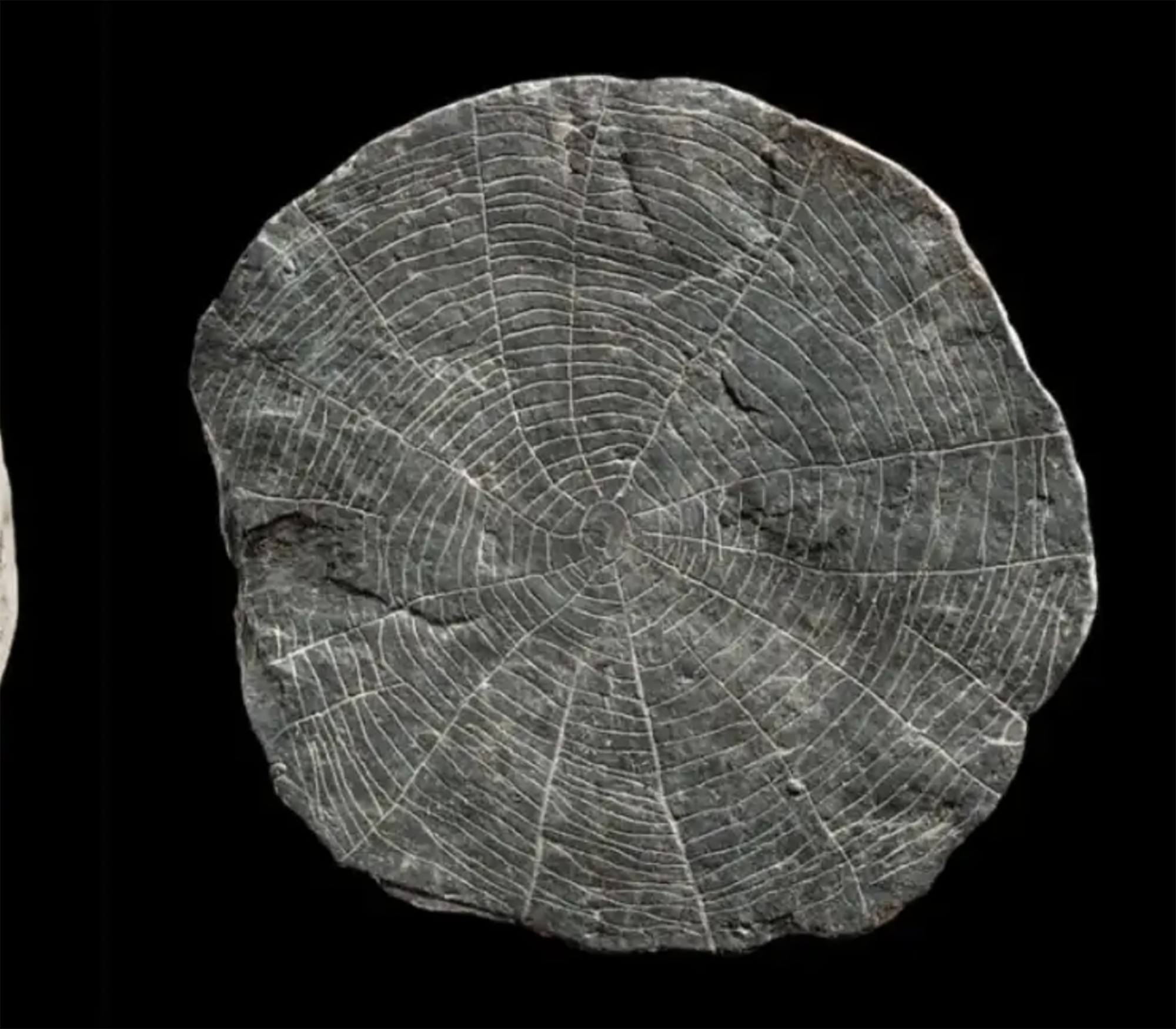When do we start singing?

Geissenkloesterle (Germany), 42,000 years ago. Those living in the cave of the Danube basin made a flute with bird bones and mammoth ivory. At the same time, the inhabitants of the cave of Divje Babe in Slovenia also made a flute with the femur of a bear. These are the oldest instruments found and dated so far. And therefore, we know that by then music was already made. But hominids don't need instruments to make music, they just need their voice.
530,000 years ago hominids had the hyoid bone in almost the same position. I mean, they had the physical ability to make sounds and sing. What do we start before, to speak or to sing? The theory that music and language have the same origin has been the subject of debate in recent decades.
Researchers at the University of Keio (Japan) Yuto Ozaki and Patrick Savage recently published a study on this topic in the journal Science Advances. After analyzing songs, melodies and speeches from 50 languages, they have hinted that music evolved as a more effective and emotional form of communication.
After analyzing songs, melodies and speeches from 50 languages, they have hinted that music evolved as a more effective and emotional form of communication.
In addition, Savage himself has recently participated in another study, led by San Passmore, of the National University of Australia. The free Global Jukebox database has compared the styles and geographic origins of about 5,000 songs with databases that collect genetic and linguistic diversity. The results show that musical history is not as closely related to language and genetics as was thought, but is closer to other markers, such as social organization.
These studies corroborate that the relationship between music and language is complex and diverse. They suggest that music facilitated language development by establishing a structural basis for oral communication. The work has not given a concrete answer to the question of the title. But they serve to dig a little bit deeper into the connection between the evolution of our species and music.
Bilbo, 1954. Hiriko Alfer eta Gaizkileen Auzitegia homosexualen aurka jazartzen hasi zen, erregimen frankistak izen bereko legea (Ley de Vagos y Maleantes, 1933) espresuki horretarako egokitu ondoren. Frankismoak homosexualen aurka egiten zuen lehenago ere, eta 1970ean legea... [+]
Japonia, XV. mendea. Espioitzan eta hilketa ezkutuetan espezializatutako eliteko talde militarra sortu zen. Edo horixe uste du behintzat Stephen Turnbull historialari britainiarrak. Beste aditu batzuen ustez, askoz lehenago sortu ziren ninjak, duela 2.300-2.500 urte inguru. Eta... [+]
Eskultura grekoerromatarrek bere garaian zuten itxurak ez du zerikusirik gaurkoarekin. Erabilitako materiala ez zuten bistan uzten. Orain badakigu kolore biziz margotzen zituztela eta jantziak eta apaingarriak ere eransten zizkietela. Bada, Cecilie Brøns Harvard... [+]
Chão de Lamas-eko zilarrezko objektu sorta 1913an topatu zuten Coimbran (Portugal). Objektu horien artean zeltiar jatorriko zilarrezko bi ilargi zeuden. Bi ilargiak apaingarri hutsak zirela uste izan dute orain arte. Baina, berriki, adituek ilargietan egin zituzten motibo... [+]
Hertfordshire (Ingalaterra), 1543. Henrike VIII.a erregearen eta Ana Bolenaren alaba Elisabet hil omen zen Hatfield jauregian, 10 urte besterik ez zituela, sukarrak jota hainbat aste eman ondoren. Kat Ashley eta Thomas Parry zaintzaileek, izututa, irtenbide bitxia topatu omen... [+]
Luxorren, Erregeen Haranetik gertu, hilobi garrantzitsu baten sarrera eta pasabide nagusia aurkitu zituzten 2022an. Orain, alabastrozko objektu batean Tutmosis II.aren kartutxoa topatu dute (irudian). Horrek esan nahi du hilobi hori XVIII. dinastiako faraoiarena... [+]
AEB, 1900eko azaroaren 6a. William McKinley (1843-1901) bigarrenez aukeratu zuten AEBetako presidente. Berriki, Donald Trump ere bigarrenez presidente aukeratu ondoren, McKinleyrekiko miresmen garbia agertu du.
Horregatik, AEBetako mendirik altuenari ofizialki berriro... [+]
Urruña, 1750eko martxoaren 1a. Herriko hainbat emakumek kaleak hartu zituzten Frantziako Gobernuak ezarritako tabakoaren gaineko zergaren aurka protesta egiteko. Gobernuak matxinada itzaltzeko armada bidaltzea erabaki zuen, zehazki, Arloneko destakamentu bat. Militarrek... [+]
In the Maszycka cave in Poland, remains of 18,000 years ago were found at the end of the 19th century. But recently, human bones have been studied using new technologies and found clear signs of cannibalism.
This is not the first time that a study has reached this conclusion,... [+]
Porzheim, Germany, February 23, 1945. About eight o’clock in the evening, Allied planes began bombing the city with incendiary bombs. The attack caused a terrible massacre in a short time. But what happened in Pforzheim was overshadowed by the Allied bombing of Dresden a few... [+]
Judea, 2nd century AD. In the turbulent atmosphere of the Roman province, a trial was held against Gaddaliah and Saul, accused of fraud and tax evasion. The trial was reported on a 133-line paper in Greek (pictured). Thinking that it was a Nabataean document, the papyrus was... [+]
Poloniar ikerlari talde batek Sevillako Italica aztarnategiko Txorien Etxea aztertu du, eta eraikinaren zoruko mosaikoak erromatar garaiko hegazti-bilduma xeheena dela ondorioztatu du.
Txorien etxean 33 hegazti daude mosaikoetan xehetasun handiz irudikatuta. Beste... [+]
Archaeologists have discovered more than 600 engraved stones at the Vasagård site in Denmark. According to the results of the data, dating back to 4,900 years ago, it is also known that a violent eruption of a volcano occurred in Alaska at that time. The effects of this... [+]
Vietnam, February 7, 1965. The U.S. Air Force first used napalma against the civilian population. It was not the first time that gelatinous gasoline was used. It began to be launched with bombs during World War II and, in Vietnam itself, it was used during the Indochina War in... [+]
Japan, 8th century. In the middle of the Nara Era they began to use the term furoshiki, but until the Edo Era (XVII-XIX. the 20th century) did not spread. Furoshiki is the art of collecting objects in ovens, but its etymology makes its origin clear: furo means bath and shiki... [+]

























